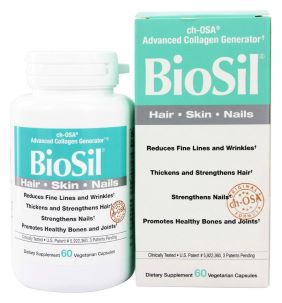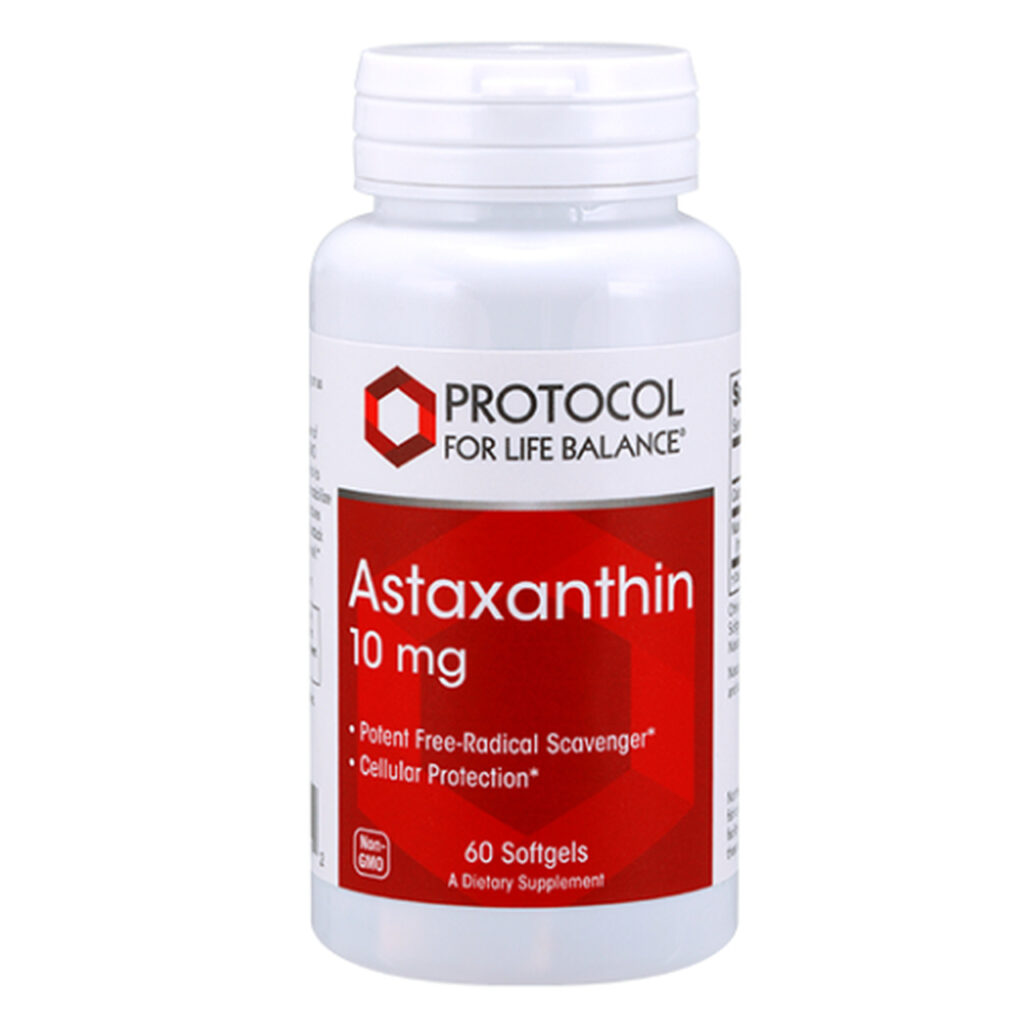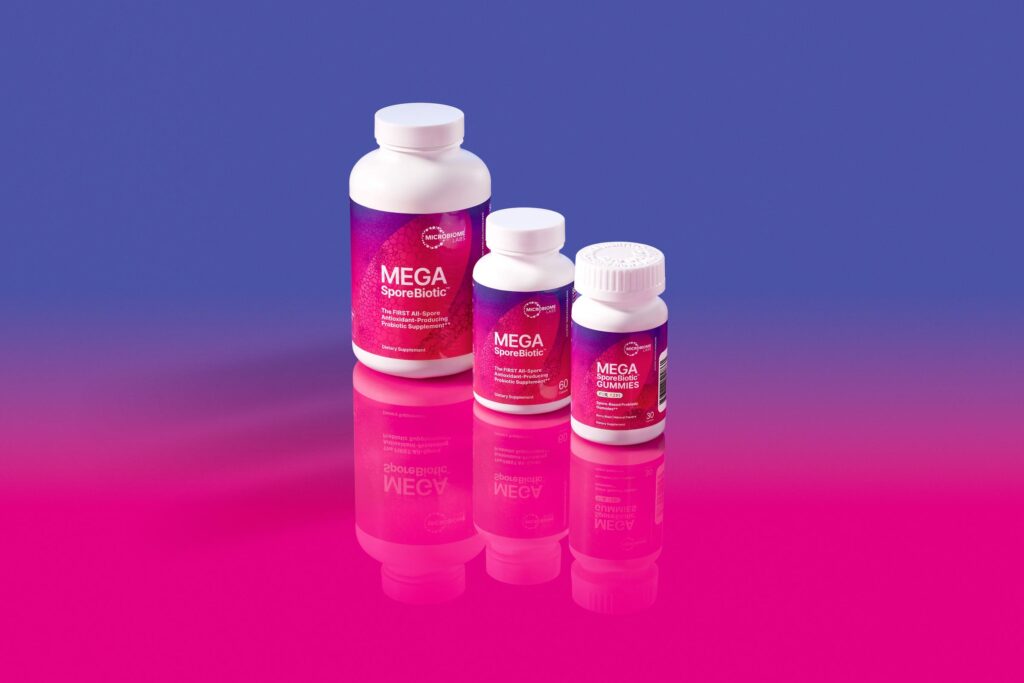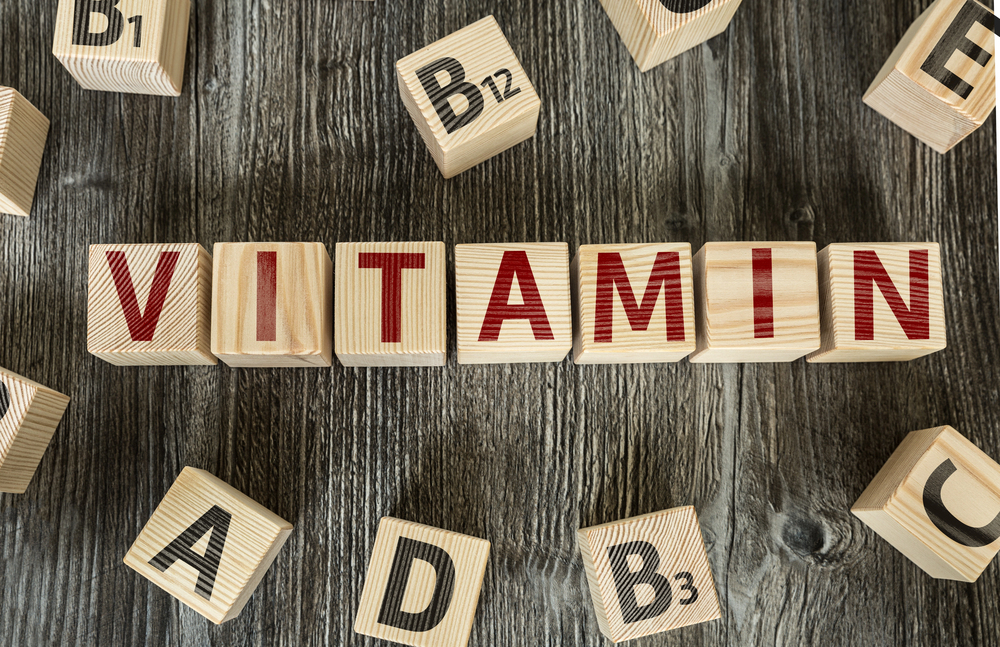Healthy skin reflects a healthy body. And while skin products help to fortify the outer layer of skin, true skin health comes from within.
The skin is a two-way membrane. It is our largest organ and provides a protective barrier. It also helps us maintain normal body temperature and toxins can be eliminated through it. The skin allows for the absorption of sunlight, nutrients, medicines, and unfortunately, toxins into the body. So, substances we put on our skin can affect our internal health. And likewise, conditions within the body can also affect our skin.
Poor skin health conditions can often be traced back to an unhealthy microbiome, leaky gut, excess inflammation, inadequate nutrition, and/or toxicity in the body. All of these can lead to leaky gut. Leaky gut is a condition where substances that would normally be eliminated by the body re-enter through a weakened gut barrier and get into the bloodstream. The body may recognize these substances as invaders, causing an immune reaction and inflammation. It may try to rid itself of these substances via the skin, leading to eczema, rosacea, discoloration, acne, and other skin conditions.
Getting proper nutrition is crucial to building skin health. The skin needs healthy oils, antioxidants, hydration, and structure-building substances like collagen to look its best. In addition, avoiding skin products that have ingredients that are toxic to the body is key to maintaining skin health.
The average person is exposed to 25 products and 200 chemicals each day. We use toothpaste, lotion, shampoo, conditioner, perfume, shaving cream, makeup, and more. Only 11% of the 10,000+ chemicals used in skin care products have been tested for human safety. These chemicals enter the body through the skin. They can reach your liver in 3 minutes, placing an extra burden on the body to detox them.
So, what’s a person to do? Let’s start from within and talk about what we can do to generate healthy skin:
Hydration
Have you noticed that when you drink too much coffee or alcohol that your skin temporarily sags and wrinkles? That’s because drinking them contributes to dehydration. Adequate water is essential to skin health. Try to drink half of your body weight in ounces of water each day for proper hydration. Also consider filtering your water to improve its quality.
If you feel like you drink water all day long and your skin still feels dry, you may need electrolytes. Electrolytes are minerals that support water and electrical balance in the body. One that I love is a formula called KTO Electropure by Designs for Health. Just add it to your water and sip away!
Nutrients to Build Healthy Skin
Like other areas of the body, the skin requires key nutrients to support its structure. Collagen and elastin are two proteins that are prevalent in skin. Since our diets don’t include as much collagen as they used to, taking supplemental collagen peptides can fortify skin health.

Another nutrient that is good for skin health is the mineral silica, found in high amounts in the herb horsetail. It “turns on” the beauty proteins—collagen, elastin, and keratin. The supplement Biosil is also a great source of silica. Using it can improve skin, hair, and nail quality.
MSM is a source of sulfur for the skin and also has an anti-inflammatory effect.
Hyaluronic acid is an important component of connective tissue, including both the skin and joints. Hyaluronic acid holds 10X its own weight in water, so is a great hydrator of the skin.
Since the skin is also made up of fatty tissue, fatty acids are important to skin health. Omega-3 and omega-7 fatty acids support the mucous membranes of the skin. Omega-3s also reduce inflammation and can greatly benefit conditions like acne, rosacea, and eczema.
A Healthy Microbiome
We all have a community of microbes that live within us. They help us digest our food, make certain vitamins, crowd out harmful bacteria, and support the immune system. The gut is connected to literally every aspect of health in the body. A healthy gut wall will prevent toxic substances from getting into the body and ensure that we are able to efficiently absorb nutrients.
Probiotics can contribute to a healthy gut where the tight junctions in the gut have spread and are allowing unwanted substances into the bloodstream. Other gut healing agents may also be necessary to repair any damage. This unfortunately is a subject unto itself, but you can learn more here.
Antioxidants
Antioxidants are crucial to fighting free radicals that cause skin damage and wrinkles. This includes damage cause by the sun, internal and external toxins, and inflammation. Here are some of the most important ones:

Carotenoids like beta-carotene, lycopene, and my personal favorite, astaxanthin support the skin. These are compounds plants use to protect themselves from the negative effects of the sun. They are present in red, yellow, and orange vegetables and can also be found in supplement form. Astaxanthin can have up to 60 times as much antioxidant protection as Vitamins C or E. It is also excellent for the eyes.
Another great anti-aging and antioxidant nutrient is resveratrol. It works against metabolic and photo-aging by stimulating a gene called SIRT1, otherwise known as the longevity gene.
An antioxidant formula that I love for the skin is Carlson’s ACES. It includes vitamins A, C, and E and the mineral selenium. Vitamins A and E protect the fatty parts of the skin, while C gets into the liquid structures and promotes collagen. Selenium recycles glutathione, one of the body’s main detoxifying agents.
As you can see, supporting the skin from the inside out is the best way to support skin health. Get the right hydration and nutrition for your skin, and address gut health where necessary.
Watching what personal care products you use is also essential, but that is also a subject for another article! For more information on what to look for in safe skin care products click here. If you want to look up specific products that you use, Environmental Working Group has a database that rates the safety of over 90,000 skin care products.



